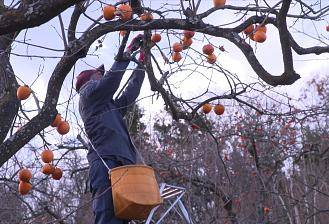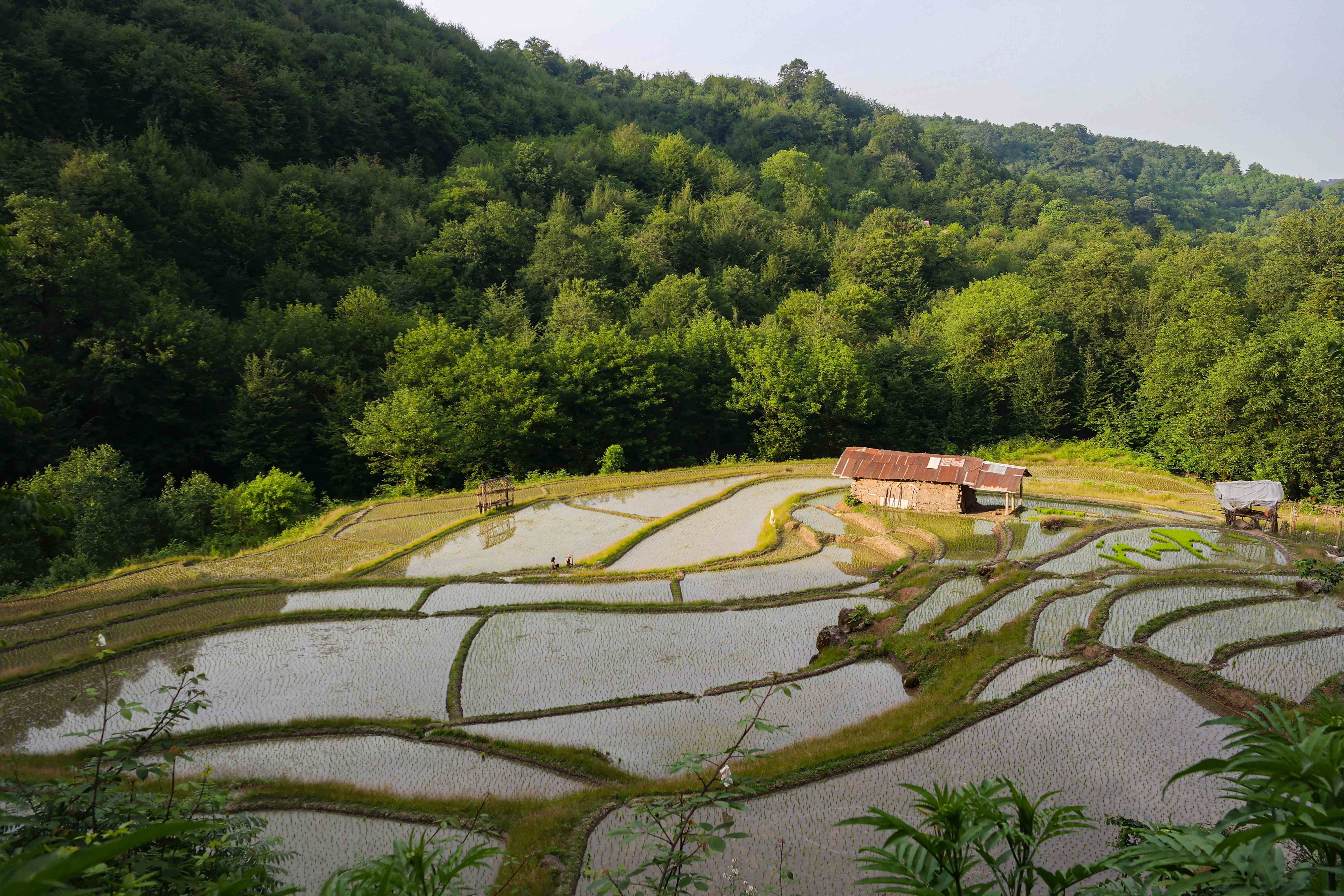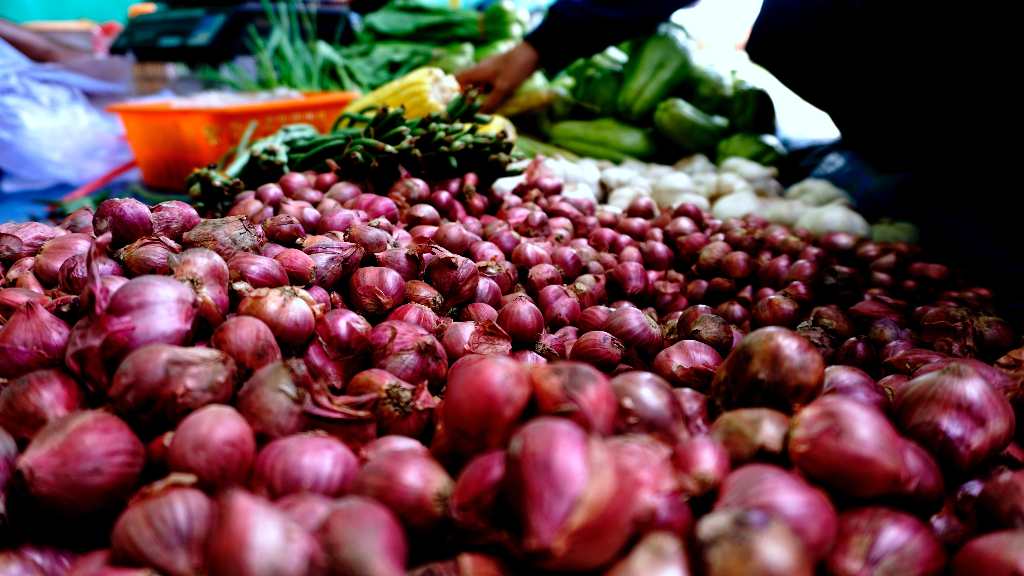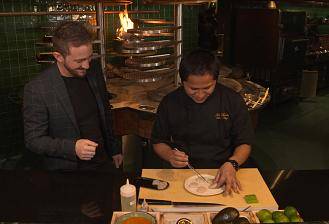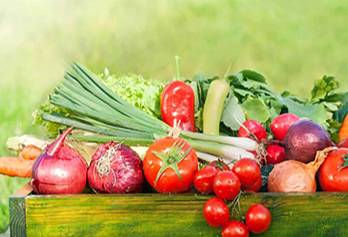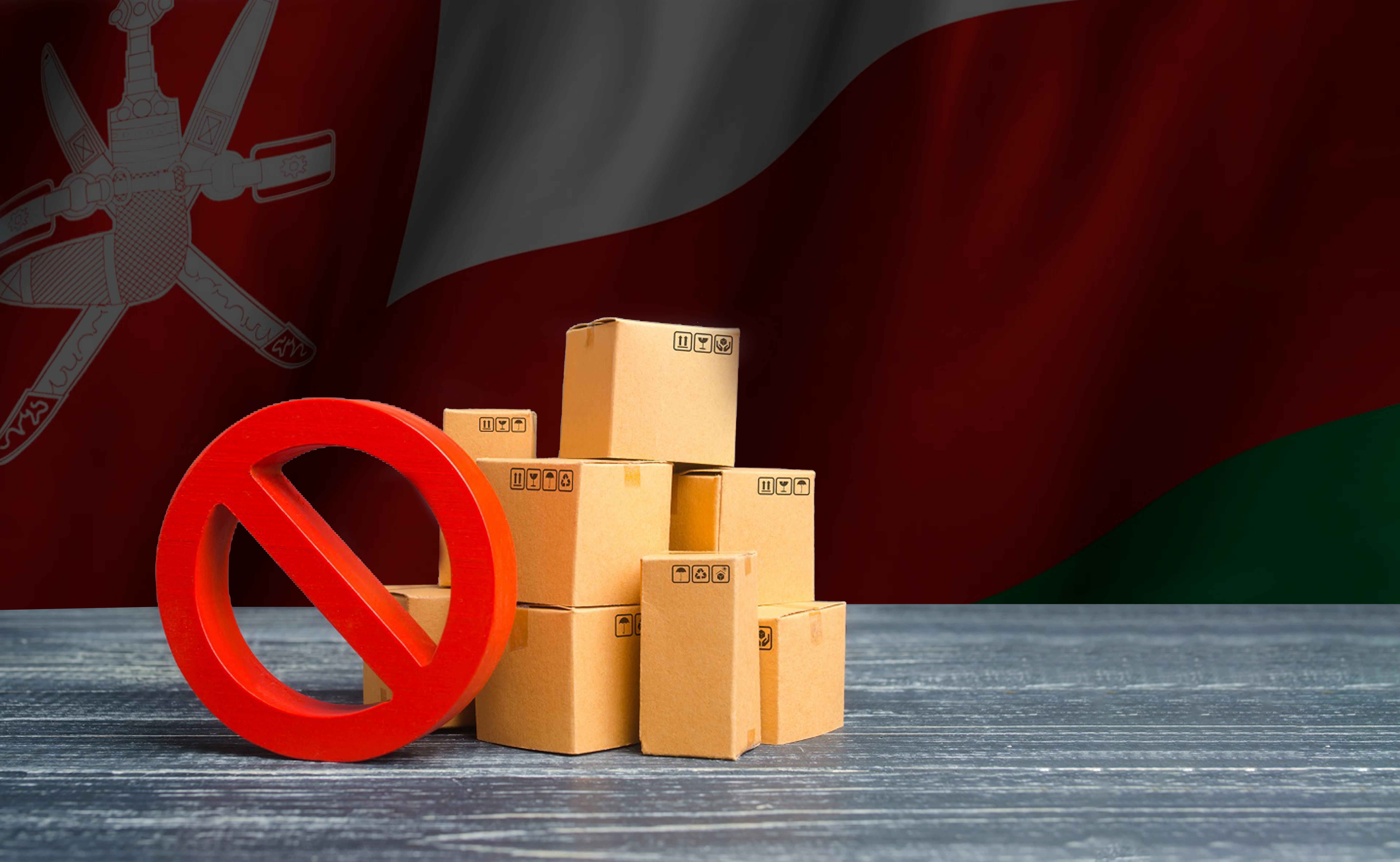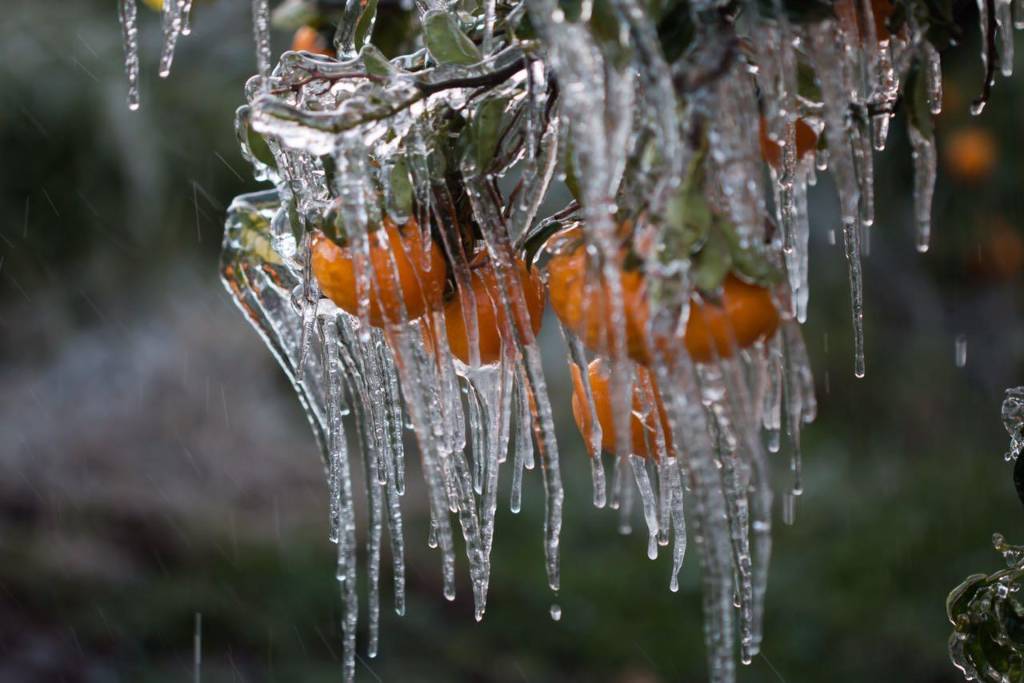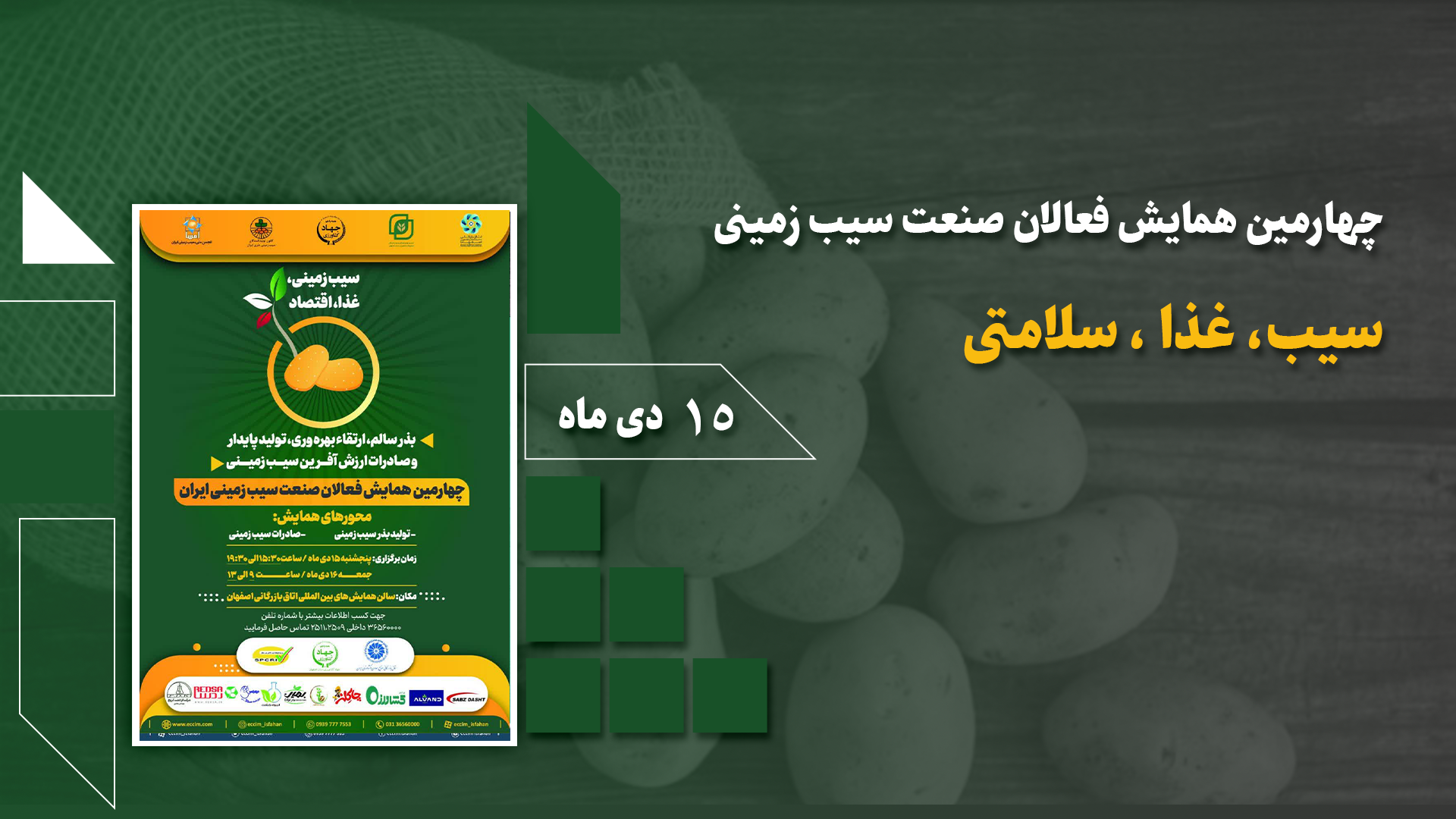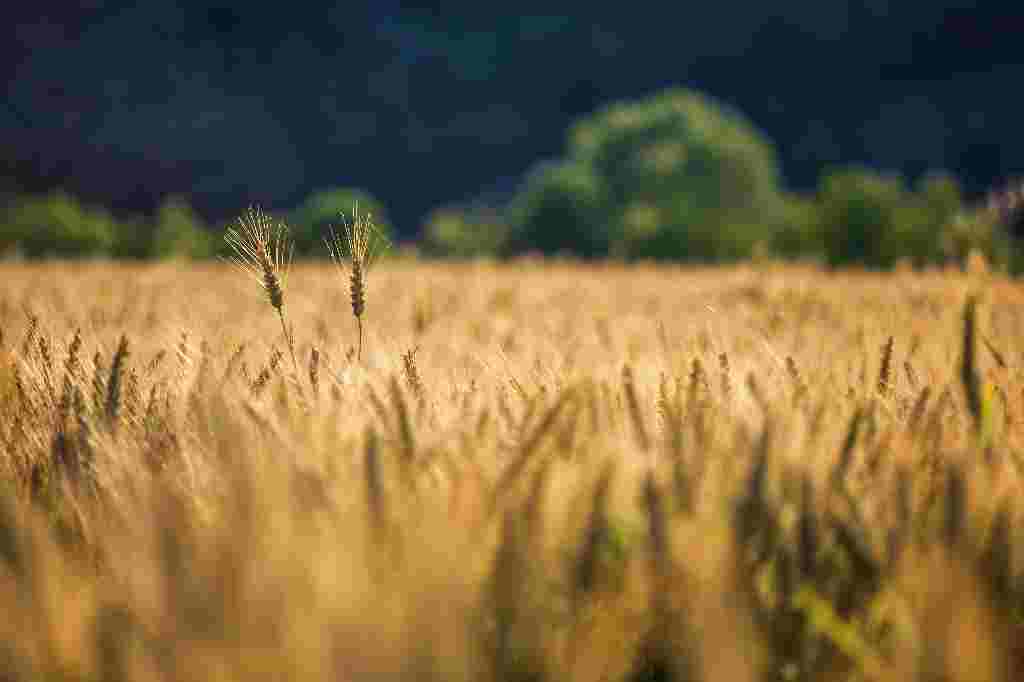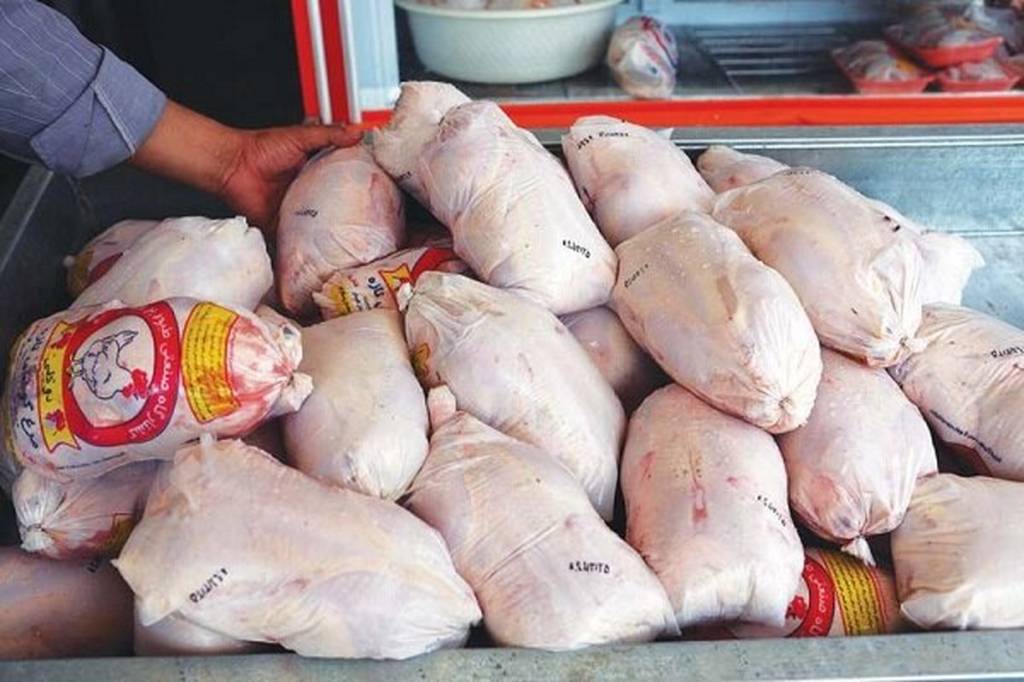How can fruit and vegetable poisoning be prevented?
Having a diet rich in fruits and vegetables has many health benefits. But it is very important to choose and prepare them safely. Fruits and vegetables add nutrients to your diet to protect you from heart disease, stroke and some cancers. Also, choosing vegetables, fruits, and nuts instead of high-calorie foods can help you manage weight. Sometimes, raw fruits and vegetables contain harmful germs that can make you and your family sick. These germs include Salmonella, Escherichia coli and Listeria. The US Centers for Disease Control and Prevention estimates that germs in fresh produce cause a high percentage of foodborne illness in the United States. The safest way is to eat fruits and vegetables cooked. In addition, careful washing is effective in preventing disease. To reduce the risk of foodborne illness, also known as food poisoning, the US Centers for Disease Control and Prevention recommends eating fruits and vegetables undercooked. European design "Sophie"; What to do with fresh vegetables from the farm to the table in the shop or store? Choose products that are not damaged or have discoloration. If you buy fruits and vegetables that are already chopped, choose items that can be refrigerated or frozen. Separate fruits and vegetables from raw meat, poultry, and seafood in your shopping cart. Canvas Fruits and Vegetables What can be done at home? Clean and wash fruits and vegetables, handles, kitchen utensils, and food preparation surfaces, including chopping boards and tables, before and after cooking. Wash fruits and vegetables before eating, slicing or cooking unless labeled with the contents washed. Wash fruits and vegetables under running water, even if you do not intend to eat the skin. Microbes on the skin can enter when you cut fruits and vegetables. Washing fruits and vegetables with soap, commercial detergents is not recommended. Do not use bleach or other disinfectant products to wash fruits and vegetables. Before preparing or eating fruits and vegetables, remove damaged or crushed parts. Dry fruits or vegetables with a clean cloth. Keep fruits and vegetables separate from raw animal foods such as meat, poultry and seafood. Refrigerate fruits and vegetables for two hours after slicing, peeling or cooking. Who is more likely to get food poisoning? Anyone can get food poisoning, but people in certain groups are more likely to get sick and get more serious illnesses. These groups include: Adults 65 and older Children under the age of five People with underlying problems or taking medications that reduce the body's ability to fight germs and disease, ie weakened immune systems, for example people with diabetes, liver disease Or kidneys, people with HIV or cancer are in this group. Cook the sprouts thoroughly to reduce the risk of disease. Eating raw or undercooked sprouts may lead to food poisoning. The warm, humid conditions required for buds to grow are ideal for germs to multiply. If you are in a group that is more likely to develop food poisoning, the US Centers for Disease Control and Prevention recommends that you avoid eating raw sprouts.
 Isfahan Agricultural Producers and Exporters Union (Aka)
Isfahan Agricultural Producers and Exporters Union (Aka)
